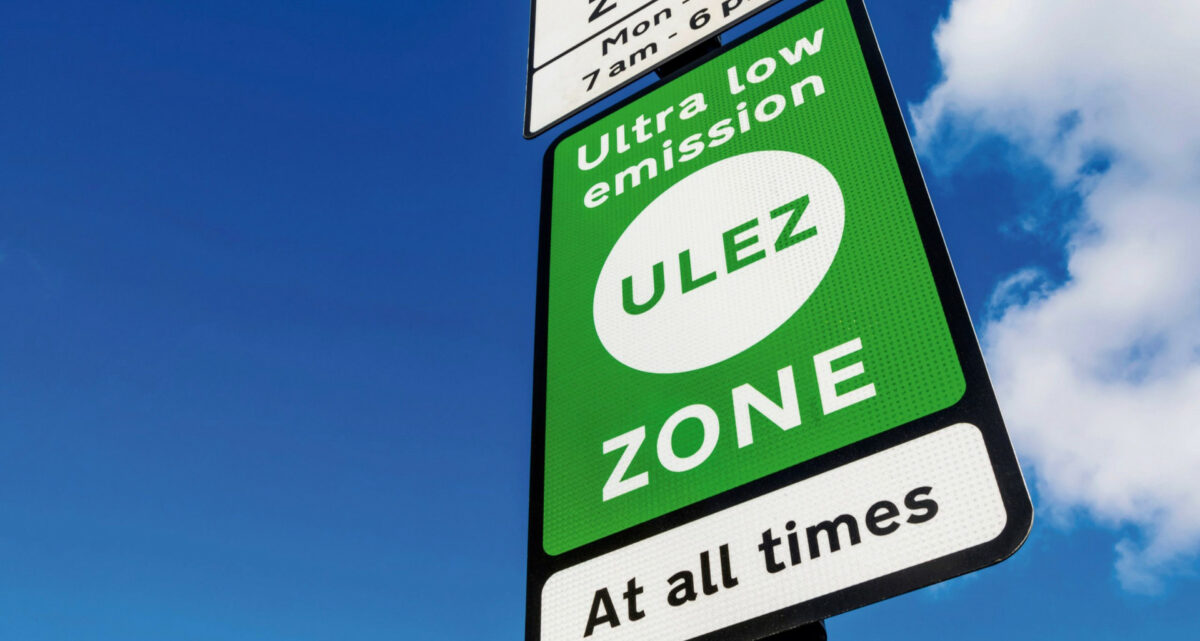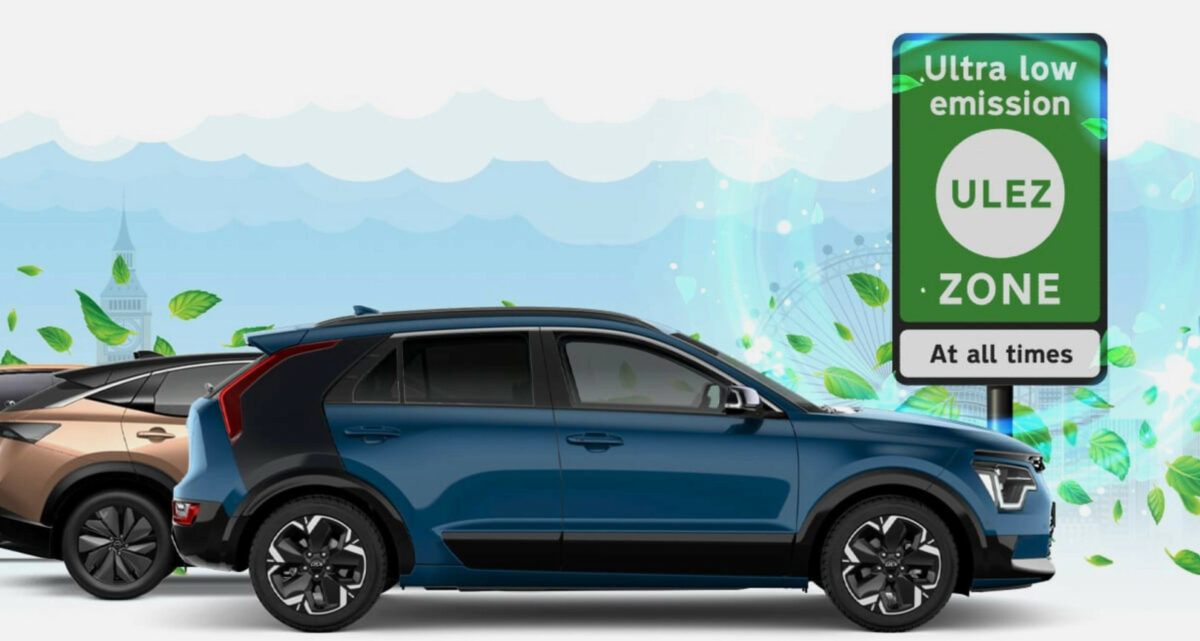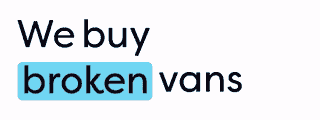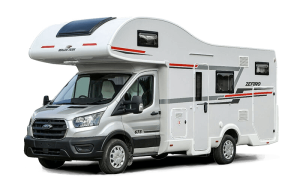
The ULEZ expansion has sparked all sorts of discussions amongst Londoners. As Transport for London gears towards this policy change, London’s environment is undoubtedly set for a great deal of transformation. This article unpacks the nuances of the ULEZ expanded policy, sharing insights on the implications for residents of outer London and the greater London area. This read is particularly essential for those keen on understanding the nitty-gritty of what’s dubbed by Mayor Sadiq Khan as a strides towards a cleaner London.
Unraveling the ULEZ Expansion
The ULEZ expansion, set to be operational from 29 August 2023, will see the existing ultra low emission zone extended to cover the entire inner London area, stretching to, but not including, the North and South Circular roads. Declared by Sadiq Khan, Mayor of London, this plan is intended to curb air pollution levels, subsequently improving the city’s air quality.
Importance of the ULEZ Expansion
Air pollution is linked to thousands of premature deaths annually, with pollutants contributing to various health issues such as heart and lung diseases. By enforcing the ULEZ expansion, Londoners, notably those inhabiting the greater London area, are set to benefit from cleaner air, a move geared towards curtailing health risks associated with air pollution.
How Does the ULEZ Expansion Affect You?

If you live, work, or drive within the expanded zone and operate a non-compliant vehicle, the upcoming ULEZ expansion will directly affect you. You’ll need to pay a daily charge of £12.50 if you drive a non-compliant car, motorcycle, or van within the zone. It becomes imperative, therefore, that you meet the ULEZ emissions standards to steer clear of the charge.
Getting Compliant with ULEZ Standards
To get compliant, ensure your vehicle meets the ULEZ emissions standards, as overseen by Transport for London (TFL). Alternatively, consider upgrading to cleaner forms of transport or even adopting cycling or walking as modes of transportation.
What Is the ULEZ Scrappage Scheme?
However, TFL provides a more robust solution. TFL’s ULEZ scrappage scheme facilitates Londoners to replace their non-compliant cars with less polluting alternatives. Much like an old-for-new swap, the policy eases the financial burden of transitioning to cleaner vehicles.
Eligibility for the ULEZ Scrappage Scheme
Notably, eligibility for the ULEZ scrappage scheme is confined to Londoners who inhabit the expanded zone and those who frequently commute to central London. The scrappage scheme aims to help small businesses and charities registered in London and provides aid to motorists who chose public transport, walking, or cycling instead of maintaining a vehicle.
What to Consider Before Selling Your Car
Before offloading a non-compliant car or van, consider the financial implications. Aptly weigh whether the ULEZ daily charge will cost more than the acquisition and maintenance of a compliant vehicle. If you can afford the expense and want to contribute to London’s improved air quality, consider switching to more compliant options.
Who Is Exempted from the ULEZ Charge?
The ULEZ charge exempts certain groups such as blue badge holders, residents within the zone, and wheelchair-accessible vehicles, providing they are registered and meet certain conditions.
The Social Equity Implications of ULEZ Expansion
The ULEZ expansion has been a topic of intense debate, with many lauding the initiative for its potential to improve air quality in cities. However, it’s essential to consider the social equity implications associated with this scheme. Sadiq Khan, who spearheaded the ULEZ scheme as London Mayor, emphasised that cleaner air should not be a luxury available only to those who can afford it.
However, there are concerns about how fair this system is for everyone involved. For instance, owners of non-compliant vehicles need to pay a daily charge of £12.50 if they drive within the expanded zone on any day except Christmas Day. This could pose significant financial challenges for small businesses and individuals who rely on their vehicles but cannot afford to upgrade them or meet the ULEZ standards immediately.
Furthermore, community transport services which often cater to vulnerable groups may also feel the pinch since these organisations typically operate older polluting vehicles due to budget constraints. If they have more than 50 employees and fall into non-compliance under new regulations, they would need to pay substantial charges while transitioning towards cleaner models – an expense that might prove prohibitive for some entities striving towards providing cleaner air in their communities.
Examining the Public Perception of ULEZ Expansion
Public perception of the ULEZ expansion is a topic that has been widely discussed and debated, especially with the upcoming ULEZ expansion in 2023. Many residents in Greater London have voiced concerns about the potential financial impact, particularly those who own a non-compliant car or van. For these individuals, they will need to pay the ULEZ charge whenever they drive inside the zone. The concern is heightened for those living within Inner London where driving may be unavoidable for some.
However, there are also many people who support this initiative as it aims to reduce vehicle emissions significantly across all London boroughs. This group views the ultra-low emission zone as an important step towards improving air quality and public health in one of Europe’s busiest cities. They believe that if everyone meets ULEZ emissions standards, it would lead to cleaner air and less pollution-related health issues over time. Moreover, they see this move as an opportunity for more people to consider using public transport or switching to electric vehicles.
To help ease this transition and alleviate some financial burdens associated with upgrading non-compliant cars or vans, Transport for London (TFL) introduced a scrappage scheme known as ‘ULEZ Scrappage Scheme’. This initiative provides monetary aid towards either purchasing a compliant vehicle or accessing alternative modes of transportation such as bicycles or e-scooters. Despite criticisms surrounding its eligibility criteria and accessibility problems among certain groups like low-income families and small business owners residing outside central London areas – overall acceptance seems positive since its inception on 29 August 2023 when ULEZ expanded.
Choosing a Vehicle Buying Service Over the ULEZ Scrap page Scheme
For those not keen on utilising the ULEZ scrap page scheme, selling your non-ULEZ-compliant vehicle to a vehicle-buying service is an attractive alternative. Consider opting for services like ‘We Buy Broken Vans’, which offers an instant quote for your non-compliant vehicles.
This vehicle-buying service prides itself on providing competitive pricing for non-compliant cars or vans. Plus, they offer added convenience with on-the-spot payment on the collection day. This facet of their service is particularly impressive for those who value swift transactions.
Moreover, ‘We Buy Broken Vans’ caters not only to individual vehicle owners; they work with businesses of all sizes across the UK. Whether you’re a Londoner with a non-compliant car or a large business outside London with a fleet of non-compliant vans, they can help. By selling your vehicle to them, you’re opting for an immediate solution, permitting you to transition smoothly to using compliant vehicles.
The important thing is that you’re still contributing to London’s drive for cleaner air, offsetting the environmental impact non-compliant vehicles pose, and you’re doing so in a way that is efficient and potentially beneficial for your pocket.
Key Takeaways:
- The ULEZ expansion aims to reduce air pollution and improve London’s air quality.
- Any non-compliant vehicles driven in the expanded zone will be subjected to a daily charge.
- The ULEZ scrap page scheme enables Londoners to trade in their non-compliant vehicles for greener alternatives.
- Certain groups, including blue badge holders and wheelchair-accessible vehicles, can apply for an exemption.
- The ULEZ expansion has potential social equity implications. For example, the daily charge for non-compliant vehicles can disproportionately affect lower-income individuals and small businesses. However, schemes like the ULEZ scrappage scheme are available to support these groups.
- Public perception of ULEZ expansion varies. Some appreciate the initiative for its environmental and health benefits, while others express concerns about the potential financial burden, especially those who own non-compliant vehicles.
- Some of the concerns and criticisms of ULEZ expansion include the financial burden on vehicle owners who need to upgrade or pay the daily charge, the potential impact on small businesses, and the need for better public transportation alternatives.
- Sell Your Non-compliant Vehicle to We Buy Broken Vans



